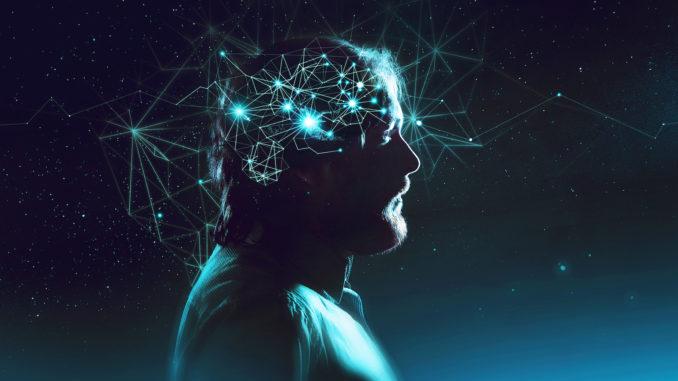
Despite the tremendous success of quantum physics, its interpretation remains uncertain.
The brain, which is made up of neurons, which themselves are made up of molecules, is likely influenced by quantum effects.
Can quantum mechanics and neuroscience be merged into a theory of « quantum consciousness »?
Few mysteries are more persistent and inscrutable than the mystery of who we are. Granted, there are many ways to go about exploring this question, and science is not the only one. Artists and philosophers most deservedly hold a claim to elucidating some aspects of our identity and subjective life. In a sense, science is the new kid on the block, given that we can date the first “almost” scientific musings about mind and matter to the early 17th century with Descartes.
Well beyond Descartes and his mind-body duality, new questions have emerged that are as exciting as they are nebulous: Does quantum physics play a role in how the brain works? Or, more profoundly, is the mind, viewed as a collection of possible brain states, sustained by quantum effects? Or can it all be treated using classical physics?
